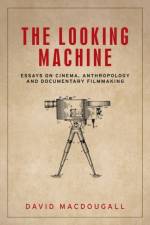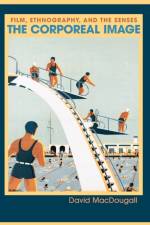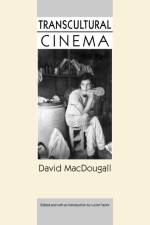von David MacDougall
54,00 €
David MacDougall is a pivotal figure in the development of ethnographic cinema and visual anthropology. As a filmmaker, he has directed in Africa, Australia, India, and Europe. His prize-winning films (many made jointly with his wife, Judith MacDougall) include The Wedding Camels, Lorang's Way, To Live with Herds, A Wife among Wives, Takeover, PhotoWallahs, and Tempus de Baristas. As a theorist, he articulates central issues in the relation of film to anthropology, and is one of the few documentary filmmakers who writes extensively on these concerns. The essays collected here address, for instance, the difference between films and written texts and between the position of the filmmaker and that of the anthropological writer.In fact, these works provide an overview of the history of visual anthropology, as well as commentaries on specific subjects, such as point-of-view and subjectivity, reflexivity, the use of subtitles, and the role of the cinema subject. Refreshingly free of jargon, each piece belongs very much to the tradition of the essay in its personal engagement with exploring difficult issues. The author ultimately disputes the view that ethnographic filmmaking is merely a visual form of anthropology, maintaining instead that it is a radical anthropological practice, which challenges many of the basic assumptions of the discipline of anthropology itself. Although influential among filmmakers and critics, some of these essays were published in small journals and have been until now difficult to find. The three longest pieces, including the title essay, are new.




